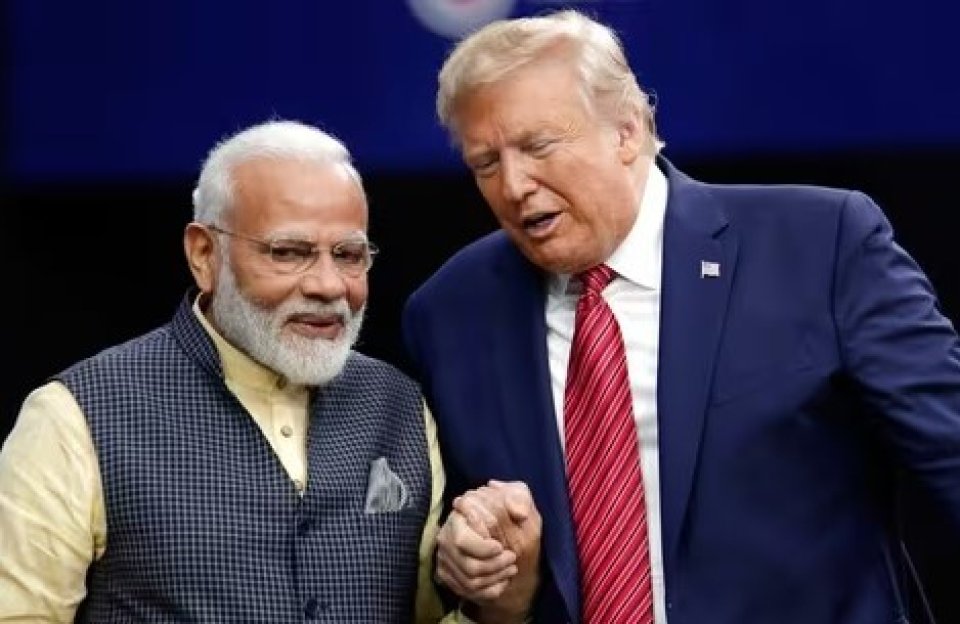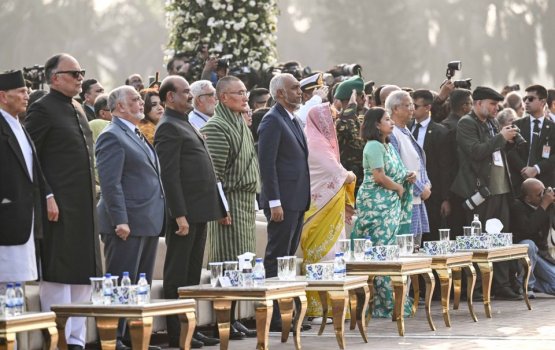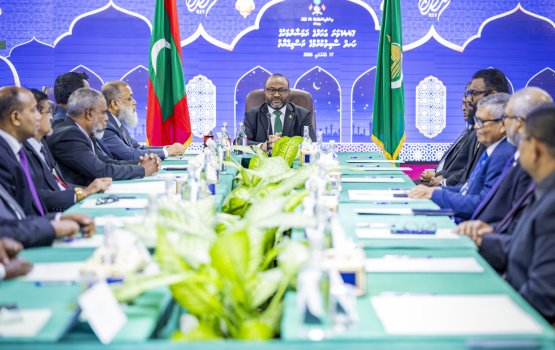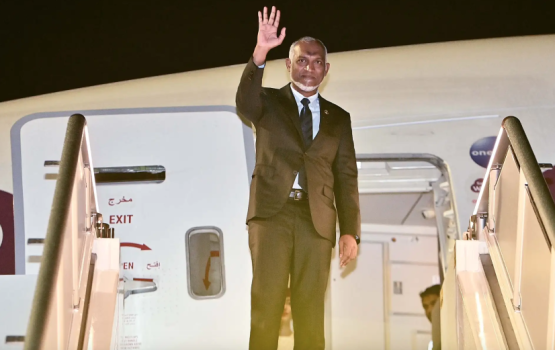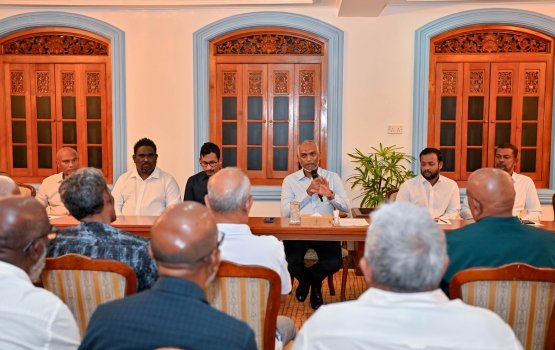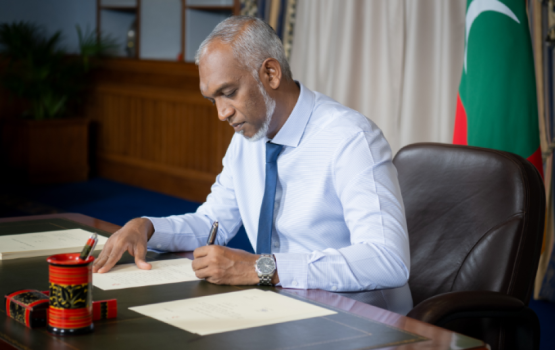India and the United States are engaged in high-level negotiations this week to finalize an interim trade agreement, focusing on tariff reductions in key sectors such as agriculture and automobiles, according to two Indian government officials familiar with the talks. An announcement is expected as early as this weekend, with a formal deal likely by the end of the month—just ahead of former President Donald Trump’s self-imposed July 9 deadline.
A U.S. delegation led by senior officials from the Office of the United States Trade Representative (USTR) began two days of closed-door meetings in New Delhi on Thursday. The Indian side is headed by chief trade negotiator Rajesh Agrawal. Trade Minister Piyush Goyal, currently in Italy, may return to join the final stages of discussions.
"The talks are focused on lowering tariffs in targeted sectors like agriculture and autos, while also negotiating benefits for Indian companies," one Indian official said. A second official added that a joint statement could be issued by Sunday as the talks conclude.
The sensitive nature of the discussions has prompted officials to speak on condition of anonymity. India's Ministry of Commerce has not yet commented on the ongoing negotiations.
In Washington, U.S. Commerce Secretary Howard Lutnick confirmed on Monday that the two sides are making progress and a deal could be finalized soon.
The interim agreement is part of a broader goal set in February to increase bilateral trade between the two countries to $500 billion by 2030. In 2024, bilateral trade reached $129 billion, with India enjoying a $45.7 billion surplus.
While India is willing to offer tariff reductions—reportedly down to an average of 10%, matching U.S. base rates—New Delhi remains cautious about opening up its farm and dairy sectors, citing potential political and rural backlash. A third official said India is willing to offer near-zero duties with quotas in return for greater market access and deeper supply chain integration.
The U.S., meanwhile, has highlighted India’s average farm tariff of 39%, with some duties as high as 50%, and is pushing for greater access, including allowing American corn imports for ethanol production.
India’s willingness to negotiate has been boosted by recent trade agreements with the UK and progress in talks with the European Union. However, U.S. negotiators are pressing for broader market liberalization as the clock ticks toward Trump's July 9 timeline.

